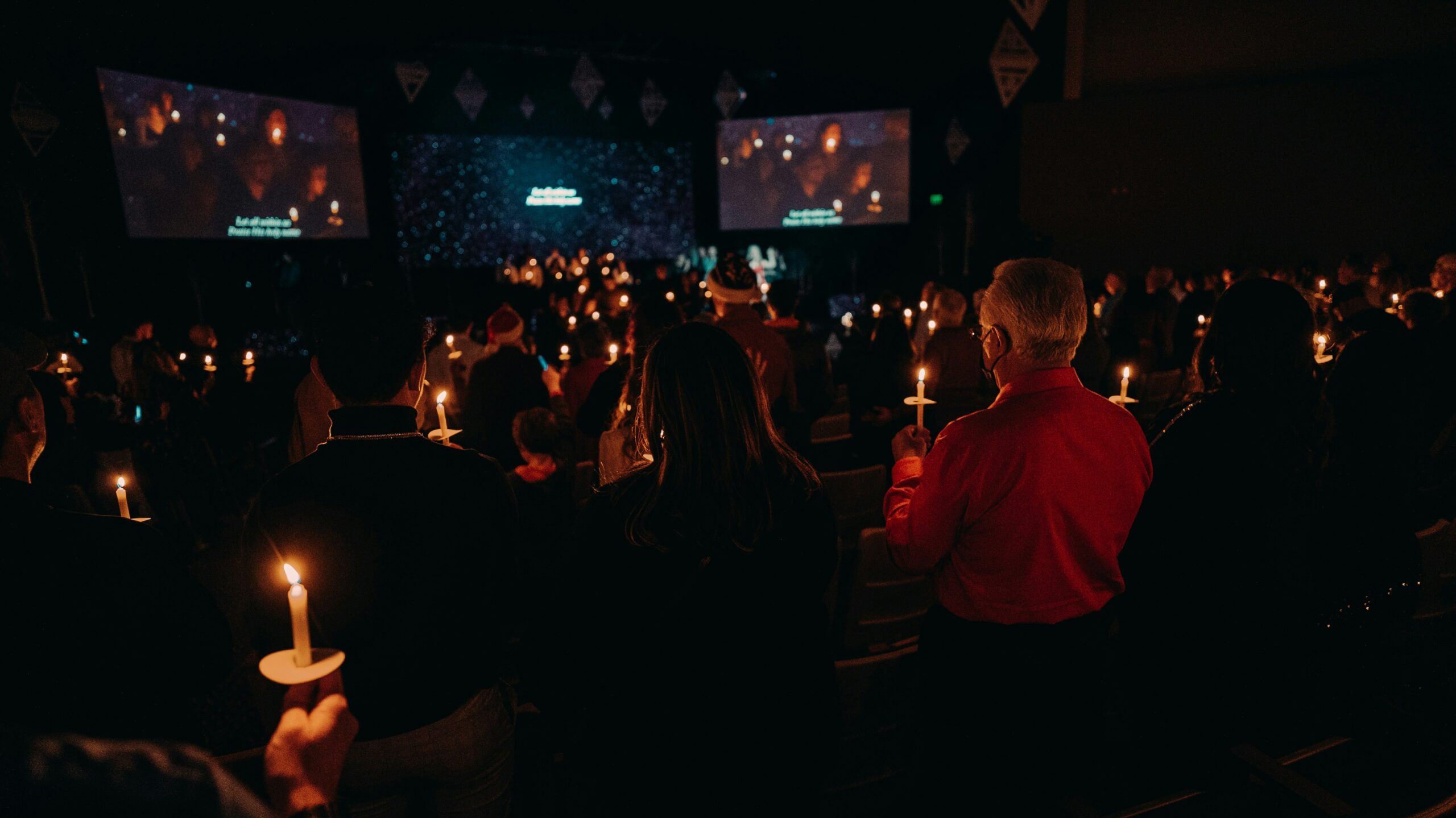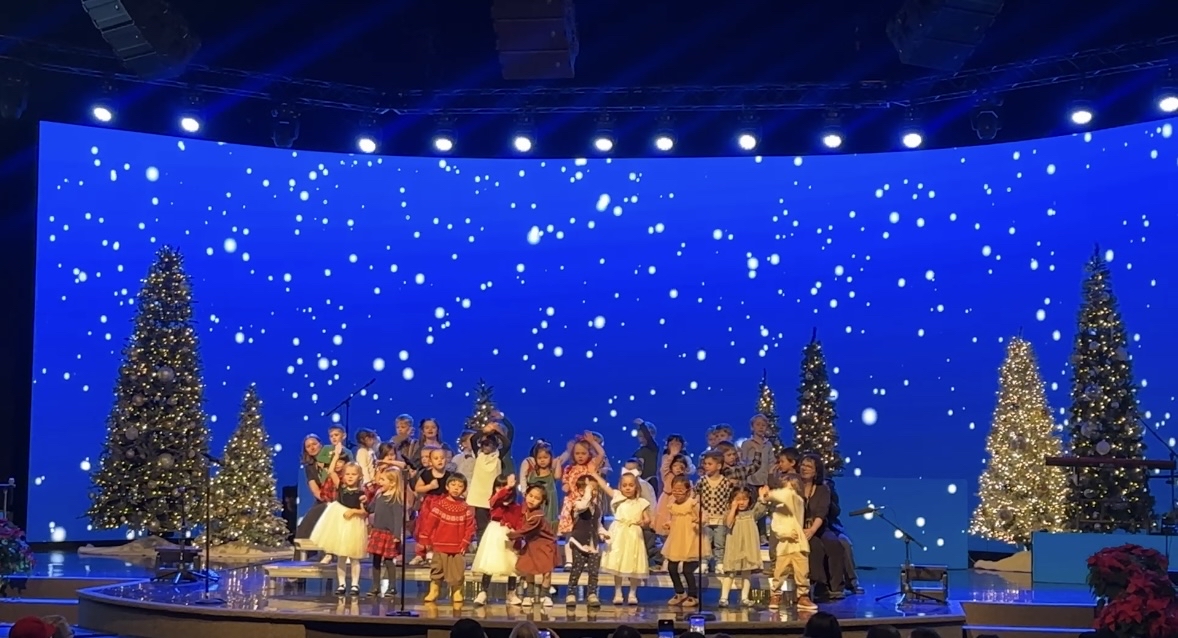The first time I saw my son holding a book for himself, turning the pages, and pretending to read, I genuinely was so excited. It was such a fun experience to see him interested in books and choosing to interact with them all by himself! We have been reading to him since birth but honestly, we weren’t sure how much of an impact reading regularly was making. As I did more research, I now realize how early literacy is developed from infancy, simply through the exposure of symbols, words and songs. More so, little humans (babies) are born with the innate ability to process language. There is research that even suggests that the developing baby is acquiring language from the womb. Children are receiving and expressing language constantly, whether they are babbling or pointing, they are expressing language. By 21 months children can understand the meaning of 10 new words per day! That’s about 300 words a month!
One of the misconceptions about early literacy is that children can learn to read at an early age but rather, it refers to how children are creating connections and meanings about words, symbols and communication. These connections are slowly building their vision and idea about the world around them. As caregivers we have the incredible gift of providing these experiences for our infants, toddlers and preschoolers. With an infant this can be as simple as encouraging them to hold a book, turn the pages or even chew on it. As children continue to grow and change so will the way they interact with books.
In order to develop early literacy one important element to create is a secure relationship between you and the child. This applies to the way we read to our child, the feedback we provide when they point to a picture or interrupt to say something they are noticing in the story. Instead of forcing a child to read a book, it is best to allow them to go at their own rhythm according to their developmental stage. Some kids really enjoy wordless books and making up their own story and that is totally ok too! As the reader you can take a step back and just support their creativity.
According to Raising Readers some of the early literacy skills that children develop during the beginning years are:
- Build vocabulary; Learn how our language works and use this vocabulary to tell stories; share ideas and ask questions
- Learn how to handle and use books as well as learning about different types of books like stories that are fiction, non-fiction (fact)books, poetry, cookbooks, etc.
- Begin to write through drawing and scribbling
- Play with the sounds of language through songs, rhymes and tongue twisters
- Build their knowledge of the world around them
- Understand letter-sound connections
- Develop a love of literacy (reading and writing)
At City Kids school we believe in providing rich experiences for children to develop skills they need to build a strong foundation for their literacy development. Some of the ways we encourage children to read is by having the books at their level so if they want to pick a book and read it, the book is easily reachable. We also provide them plenty of opportunities to make inferences about the stories we read, identify characters, and ask questions. We also sing songs and use art time to have conversations about the work they are doing. Our goal as teachers is that children fall in love with reading from an early age which will translate into the development of advanced literacy skills as they grow.
To learn more about early literacy and activities you can do at home with your children please visit.



